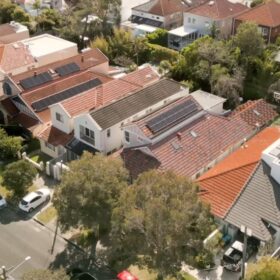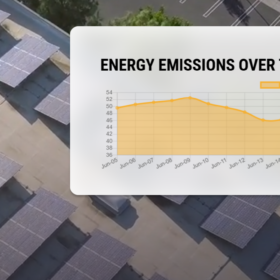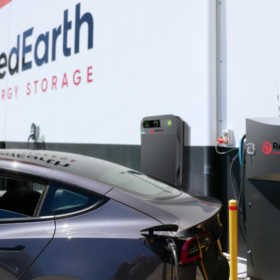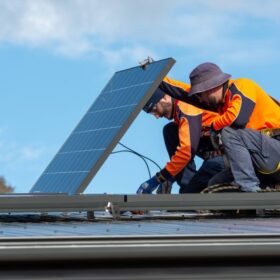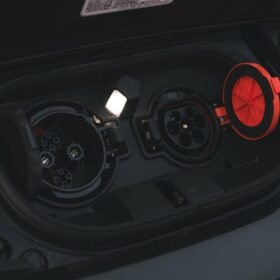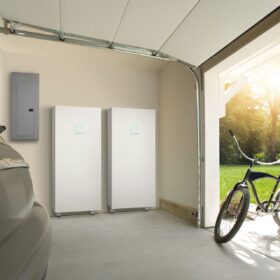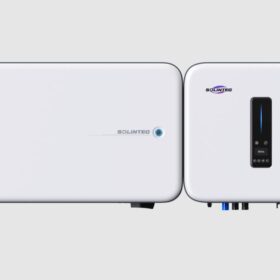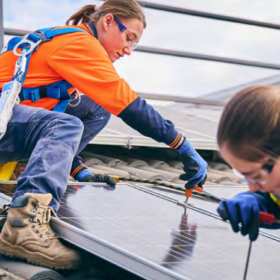NRN to ramp up ‘no-cost’ solar and home batteries rollout
Clean energy infrastructure startup National Renewable Network aims to deploy no-cost solar and battery systems to 36,000 Australian homes over the next 18 months after raising $4.28 million in an oversubscribed funding round.
Climate Council keeps tabs on clean energy momentum with new data website
Community-funded climate change communications organisation the Climate Council, has launched a website monitoring the progress and adoption of renewables like rooftop solar, batteries, and cleaner transport choices.
Call for federal battery storage rebate scheme targets a million installs by 2030
A national battery rebate scheme, with a target of a million household and business installations by 2030, has been proposed to the Australian government on the back of a community-based Solar Citizens petition.
RedEarth reveals Australian-made plans for V2G tech
Queensland energy storage solutions provider RedEarth Energy Storage has partnered with German company ambibox to bring Australian-made vehicle-to-grid electric vehicle chargers to the market.
CER grid integration research project wins $1.7 million ARENA grant
The Australian Renewable Energy Agency has granted $1.7 million to a New South Wales university research project to better understand the impacts of integration of consumer energy resources into the grid.
Bowen gives vehicle-to-grid technology green light
The federal government says new standards have been approved that will allow vehicle-to-grid charging in Australia – enabling electric vehicles to not only charge but also supply power back to homes or the electricity grid – by the end of the year.
Newcastle turns tide on energy equity with bulk buy renewables program
The New South Wales coastal city of Newcastle is seeking expressions of interest from relevant service providers for its ‘bulk buy’ community renewables program to supply and install affordable renewable solutions.
Tesla releases Powerwall 3 expansion units for more capacity at lower price
Each expansion unit adds another 13.5 kWh of storage capacity to the original installation with a maximum of three such units connected to a single Powerwall. Now available in the United States, the new product comes at a lower cost and slashes installation time by roughly half to 22 minutes.
NSW battery and VPP incentives target peak electricity demand reductions
New South Wales home and business battery installation incentives are now available, in state government efforts to make the grid more reliable and stable and allow further reduction of reliance on fossil fuels during peak demand.
Solinteg launches new residential solar storage systems
Solinteg has developed the IntegOne HSH, a residential solar storage system that combines a single-phase hybrid inverter with one or two batteries. Up to 10 systems can connect in parallel, offering a maximum efficiency of 97.6%.
